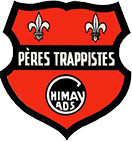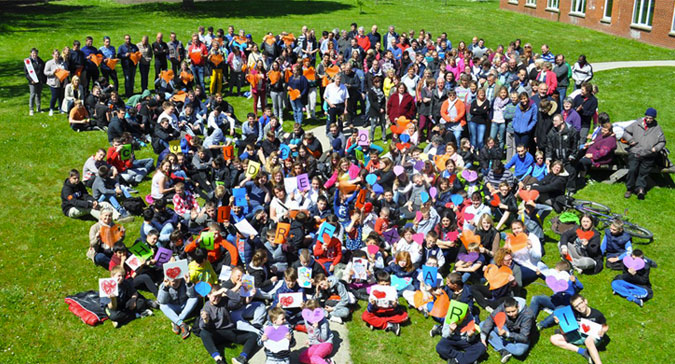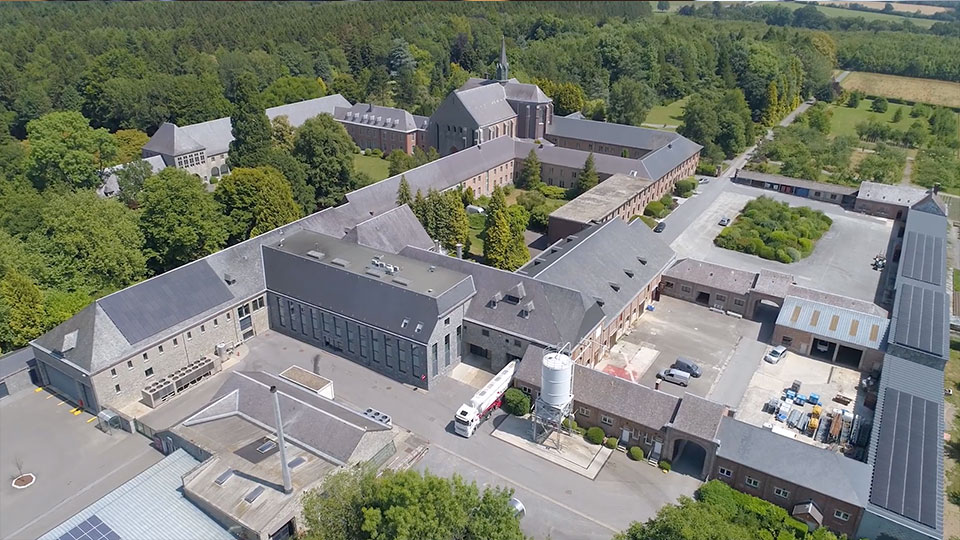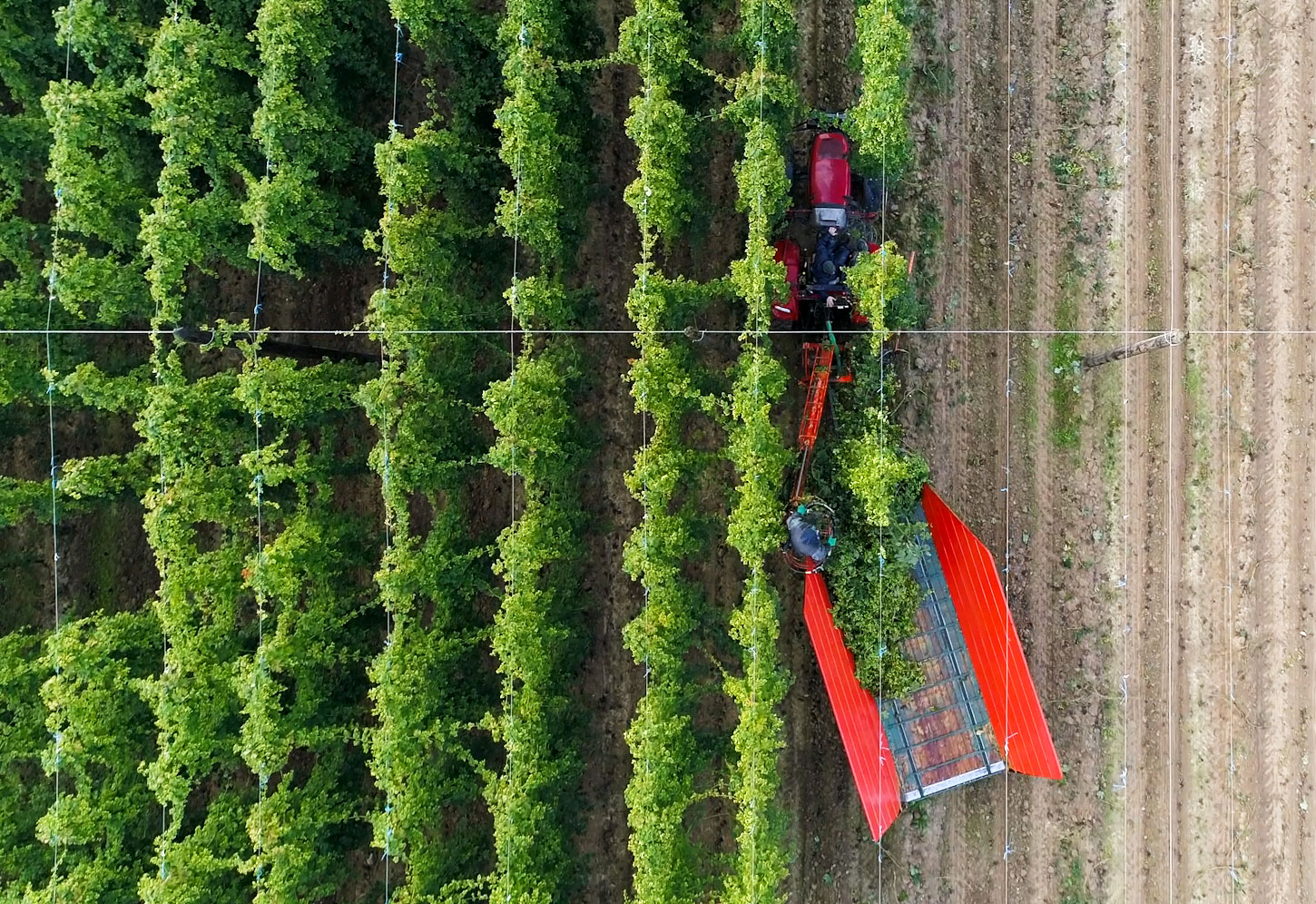
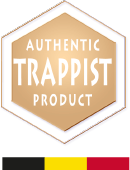
3 Trappist principles
As producers of Trappist beers and cheeses, we continue to adhere strictly to three key principles.
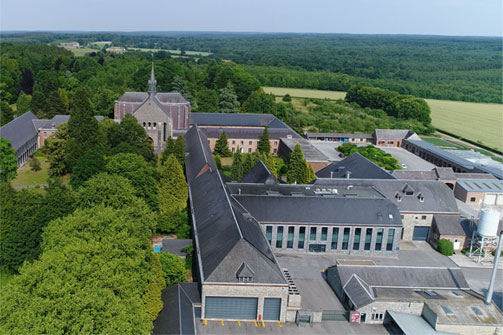
1.
Our products are made in the abbey itself or its immediate environment.
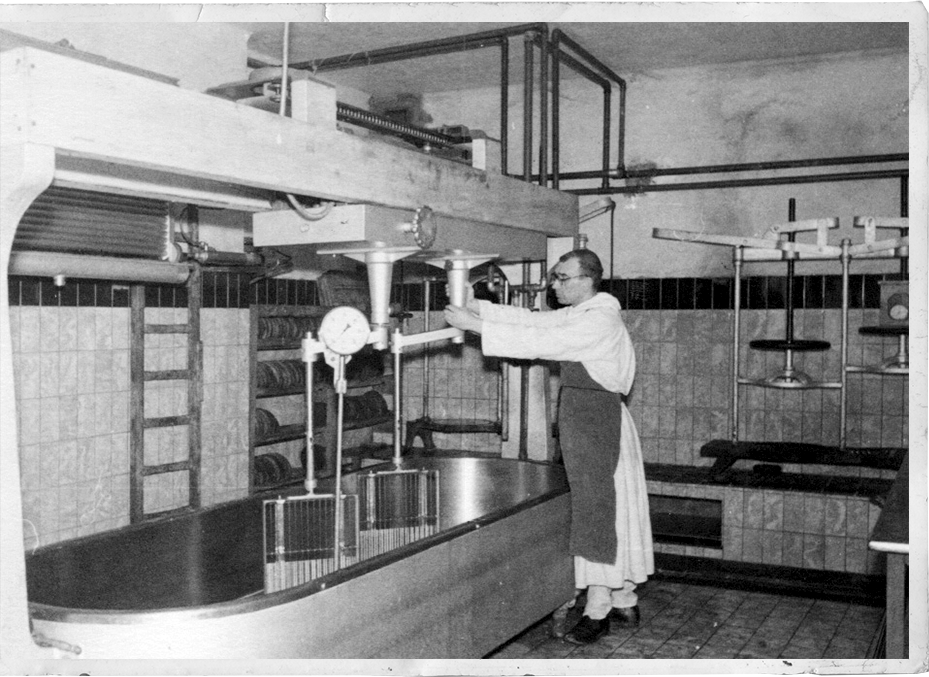
2.
Production is supervised by the abbey’s monks.
 The Trappist Association has created its own podcast.
The Trappist Association has created its own podcast.
Listen to it here
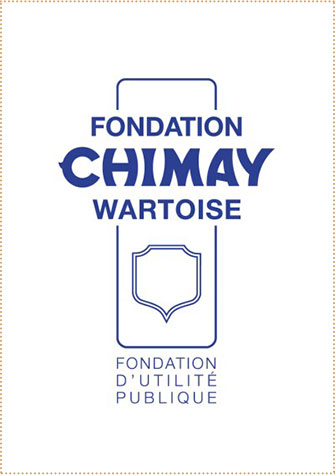
The Chimay-Wartoise
foundation
This charitable foundation was established in 1996 on the initiative of the monastic community of Scourmont Abbey.
Wishing to separate their monastic vocation from the financial preoccupations associated with the development of the businesses they had established (brewing, cheese making, hotel, etc.), the Monastic Community of Scourmont transferred the shares in its companies to the Foundation.
Respect for our history and the people
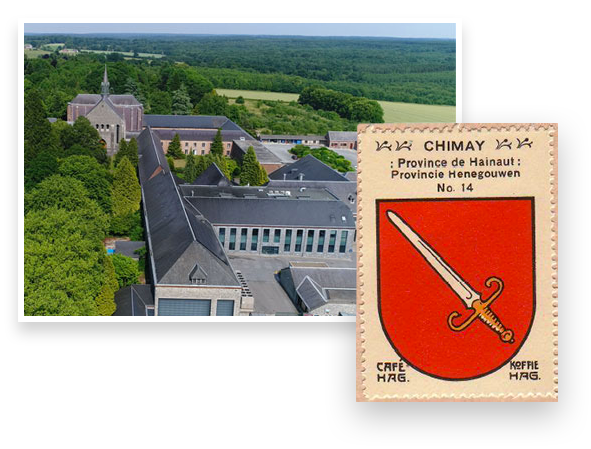
Our history began in 1850 when the priest of Virelles, Father Jean-Baptiste Jourdain, and the Prince of Chimay, Joseph de Riquet de Caraman, entrusted a mission to small group of monks from Westvleteren: to take up residence on the highlands of Scoutmont with the aim, then as now, of “supporting the Chimay region”.
In order to do so, they decided to make beer from the water available in abundance on the marshy plateau. Later, they also began to produce cheese...
We also owe our history to the men and women who worked and still work in passing on this knowledge handed down through the generations and ensuring that the principles of Chimay are upheld.
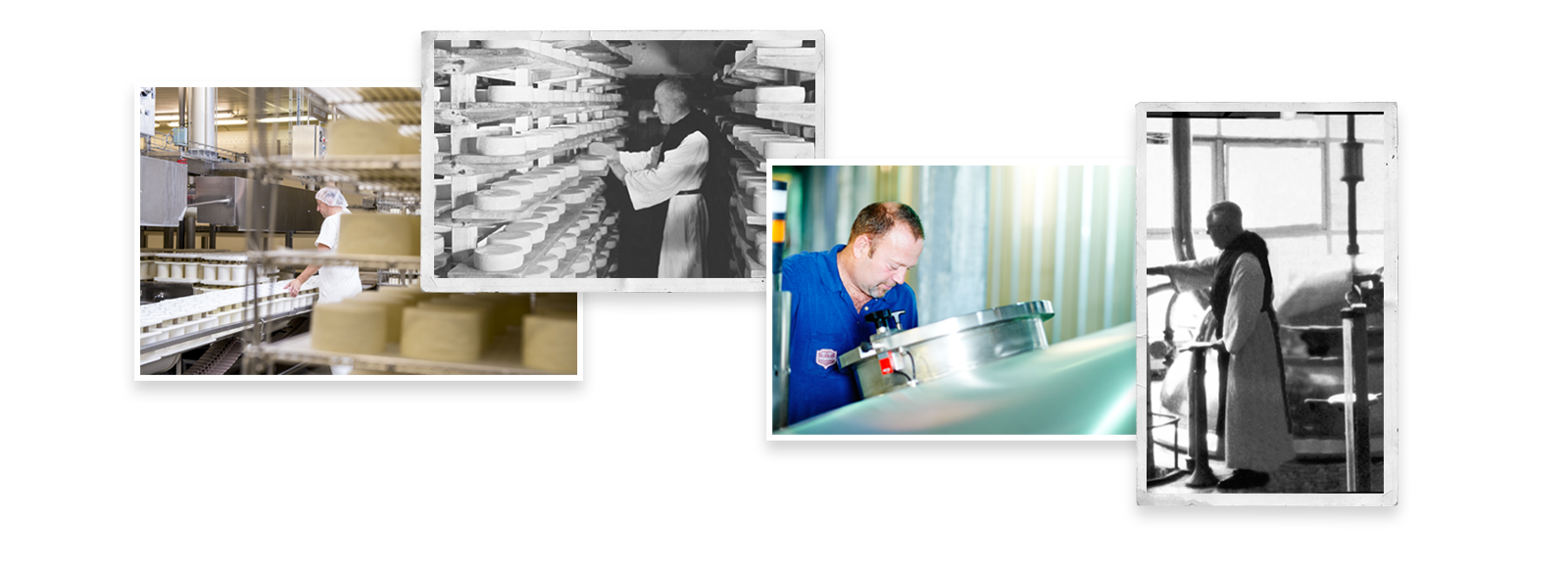
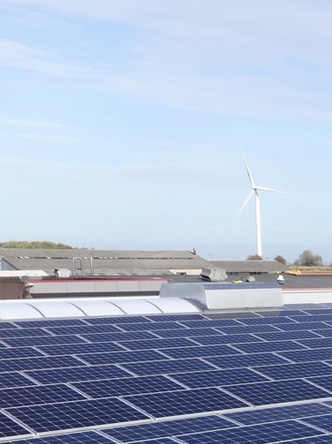
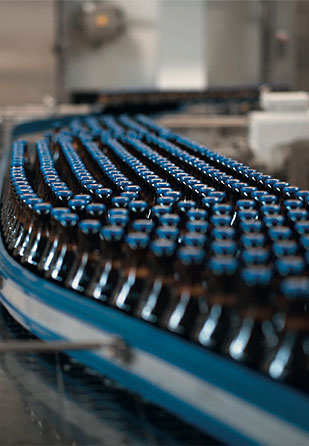
A true commitment
to sustainability
We believe in leaving the world in the best possible state for future generations.
Which is why we are making significant investments in reducing our ecological footprint as far as possible: photovoltaic panels, wind power, recovery of the energy produced during the brewing process, a more energy-efficient bottling line, local milk collection, etc.
The examples are numerous.
We owe our existence to what nature gives us. We have a duty to reciprocate.
Key dates
Construction of the Abbey of Scourmont.
1850
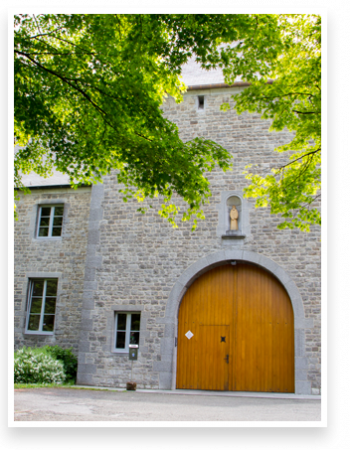
The monks of Chimay produce their first beer according to the monastic traditions of natural brewing.
1862

Brother Benedict goes to France to learn how to make a semi-soft cheese. Trappist cheese is born!
1876
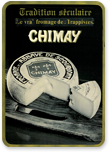
A light blond beer was brewed as a refectory beer as soon as the brewery relaunched after World War II. It will not be marketed until 2013 under the name Chimay Gold.
1947

Father Théodore isolates the unique yeast cells that still form the basis for brewing Chimay Trappist beers today.
1948
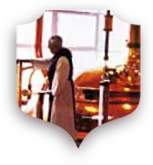
The monastic community develops a Christmas beer that is since 1956 known as Chimay Blue Cap.
1954

Creation of the White Cap beer, also known as Chimay Triple.
1966

The new cheese dairy is established at the Baileux bottling plant. It makes just one cheese: Chimay ‘Grand Classique’ in 1 kg rounds.
1982

‘Vieux Chimay’ is born; a hard cheese made of full-cream milk.
1989
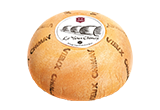
Launch of ‘Le Poteaupré’
2007
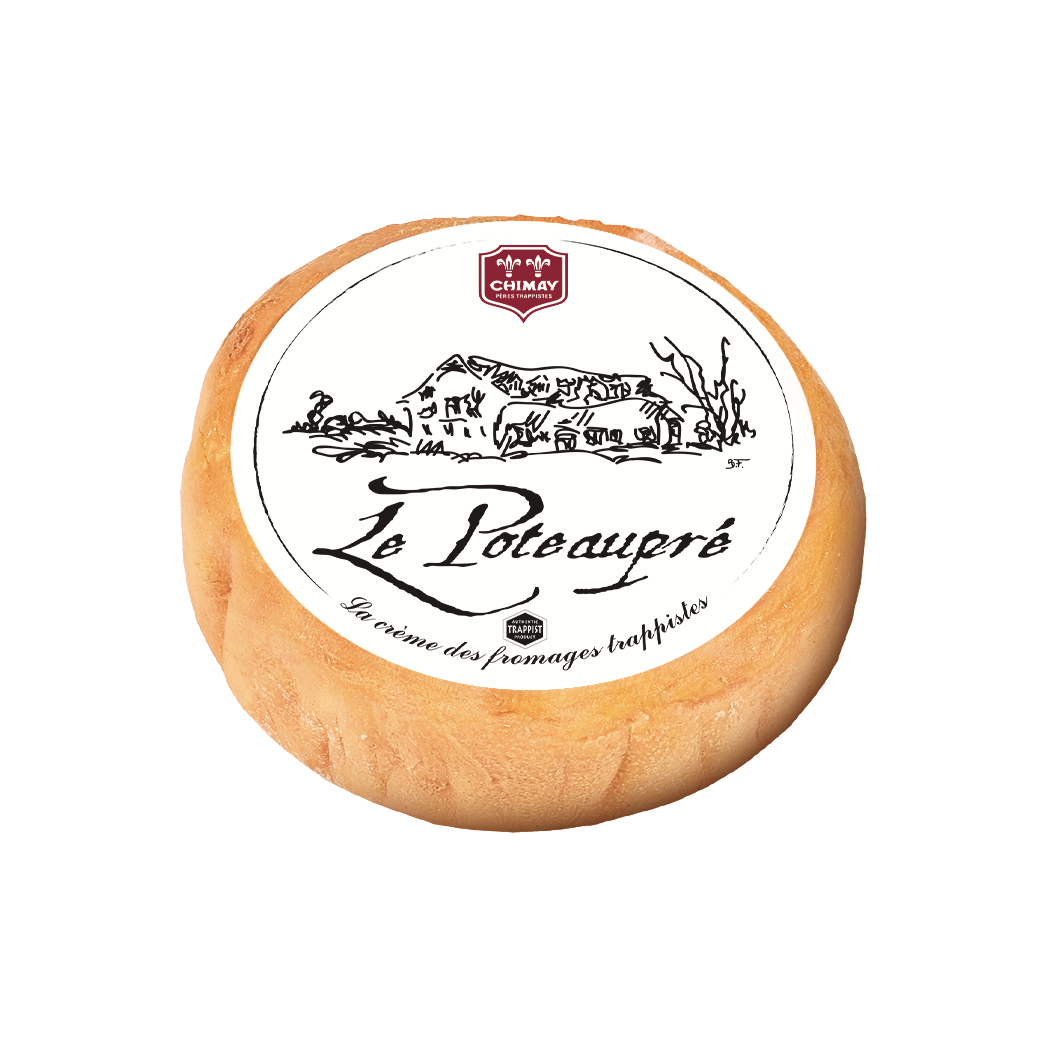
The Chimay 150 joined the Chimay range.
2021

The finest natural ingredients
The main ingredient of our beer is the water drawn from the abbey’s wells.
The main ingredient of our cheese is the milk collected from the farmers of the Chimay region.
And the same principle applies to the choice of all our natural ingredients.
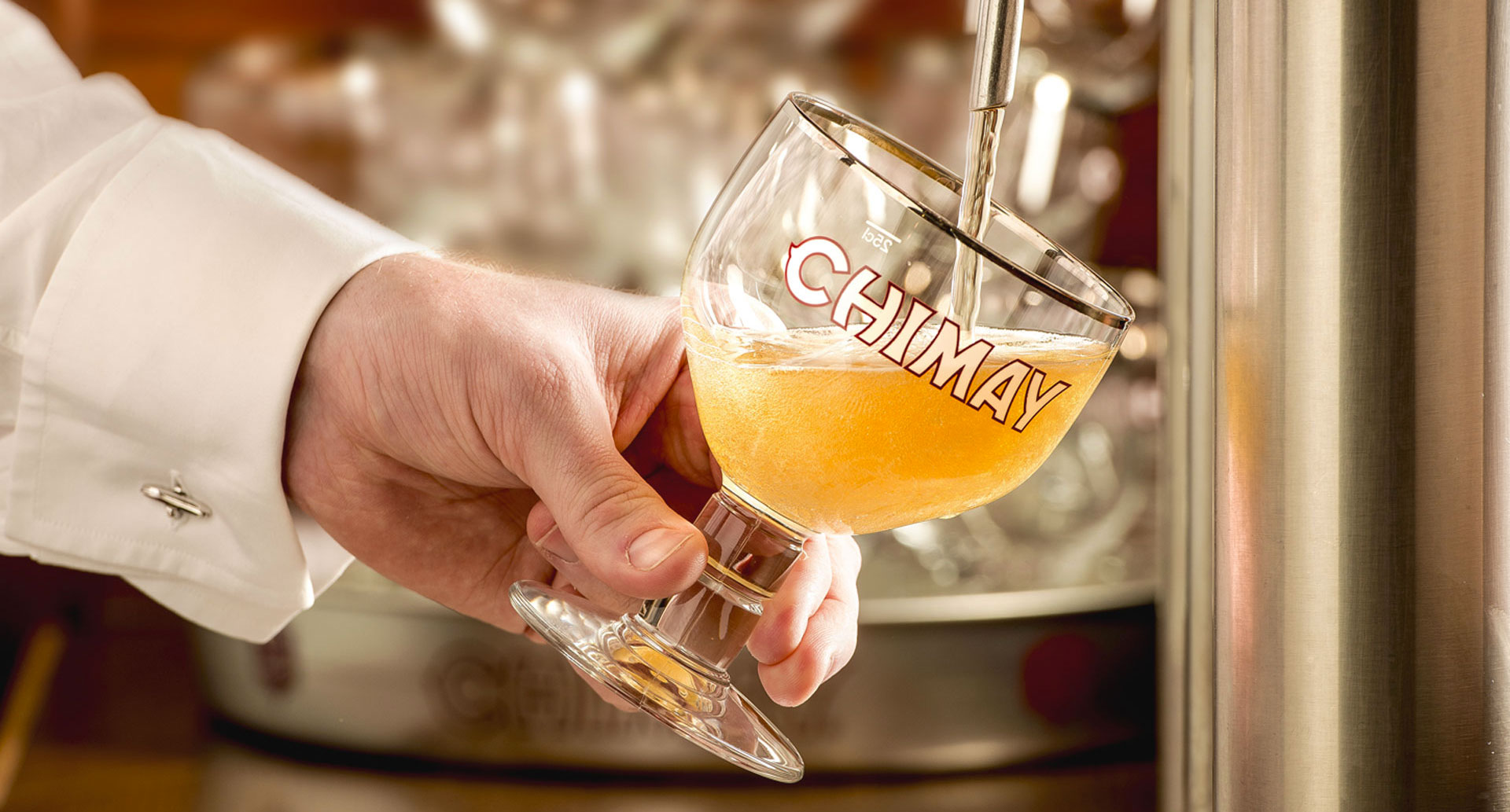
Quality
Quality, our number one priority.
We use all the means at our disposal to create products of the highest quality.
Our production
combines tradition and innovation
We make every effort to brew our beers and make our cheeses by taking the best from both the knowledge we have inherited and what today’s world has to offer in terms of innovations. As well as meeting high standards of product quality and energy performances.
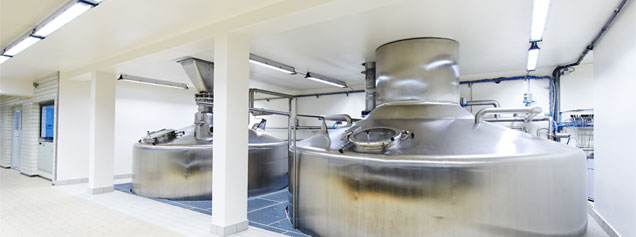
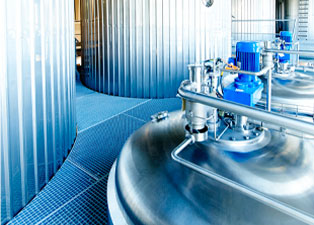
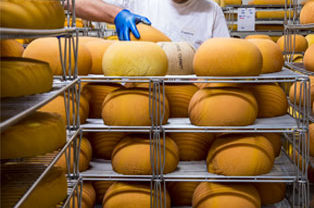
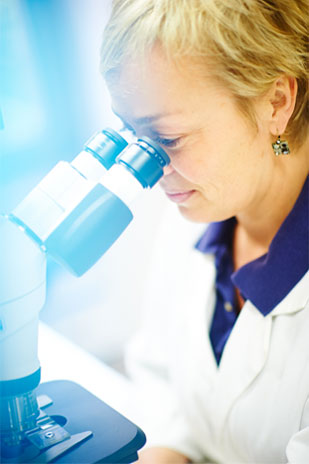
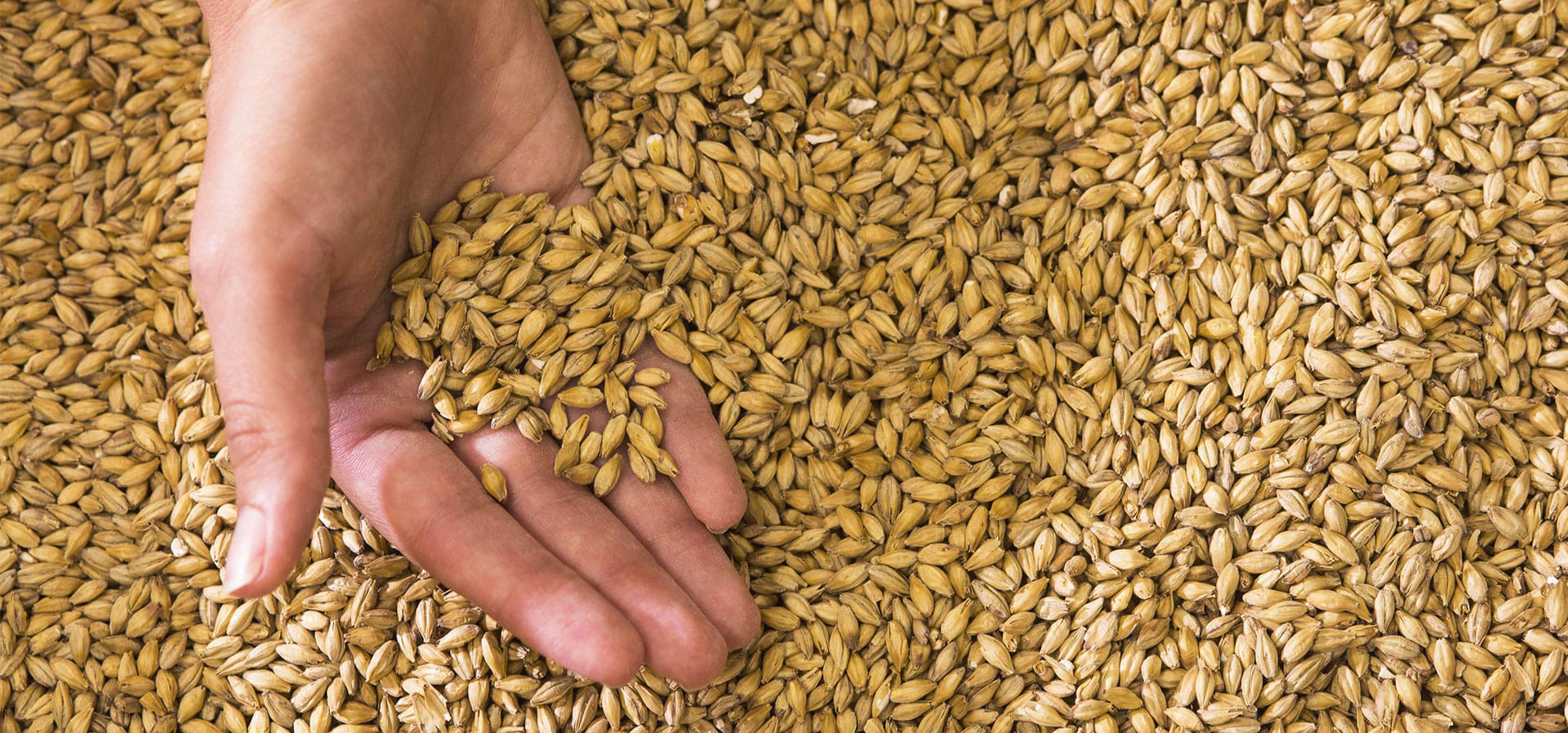
A history which has flourished over many years, based on strong societal and environmental values that are more relevant than ever today.

